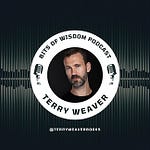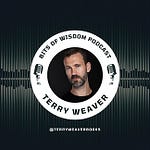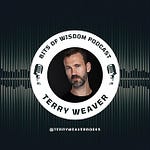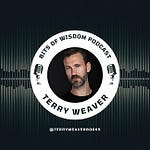“Generally speaking, the errors in religion are dangerous; those in philosophy only ridiculous because religion seizes more strongly on the mind.” David Hume
If everyone is right, then no one is right because everyone is different. This logic is easy to follow.
Every religion I’ve encountered claims to be right. If we follow the same logic, does this too mean that every religion is wrong?
That would be a great claim, but without a second thought, the claim that errors in religion are dangerous seems to be true knowing a few outliers in religious history. So with all religions claiming to be the way, how does one filter through the errors?
By its nature, philosophy seems to be more suggestive. A way of thinking for a time. Tools that can be picked up, applied, and discarded when no longer needed. Philosophy tries to expose principles to aid in the life journey. It tends to operate in the gray, with fewer claims of absolute truth.
Religious claims tend to be black or white, right or wrong, all or nothing. Herein lies the danger in Hume’s warning. When someone adopts religion wholesale, they are dangerously armed with an illusion, an ability to parse the righteous and reprobate and discard anything or anyone that doesn’t fit in their system of beliefs.
The spare room once used for thinking is boarded up, and debate is traded for rules and commandments. This is the point of danger—when thinking is traded for tradition and pre-packaged thoughts.
Still, a quick study of history shows that religion has helped shape and preserve societies through time, and many of the most respected atheists and researchers have concluded that, as a whole, religion is beneficial to societies.1 However, when individuals trade their thought for religion, the scales can tip, and the fringes of religion can become dangerous, even deadly.2
So remember, if everyone claims to be right, then no one is right because everyone is different, and generally speaking, the errors in religion are dangerous; those in philosophy only ridiculous because religion seizes more strongly on the mind.
The Righteous Mind: Why Good People are Divided by Politics and Religion, Jonathan Haidt.
The Story of Christianity, Justo L. Gonzalez.











